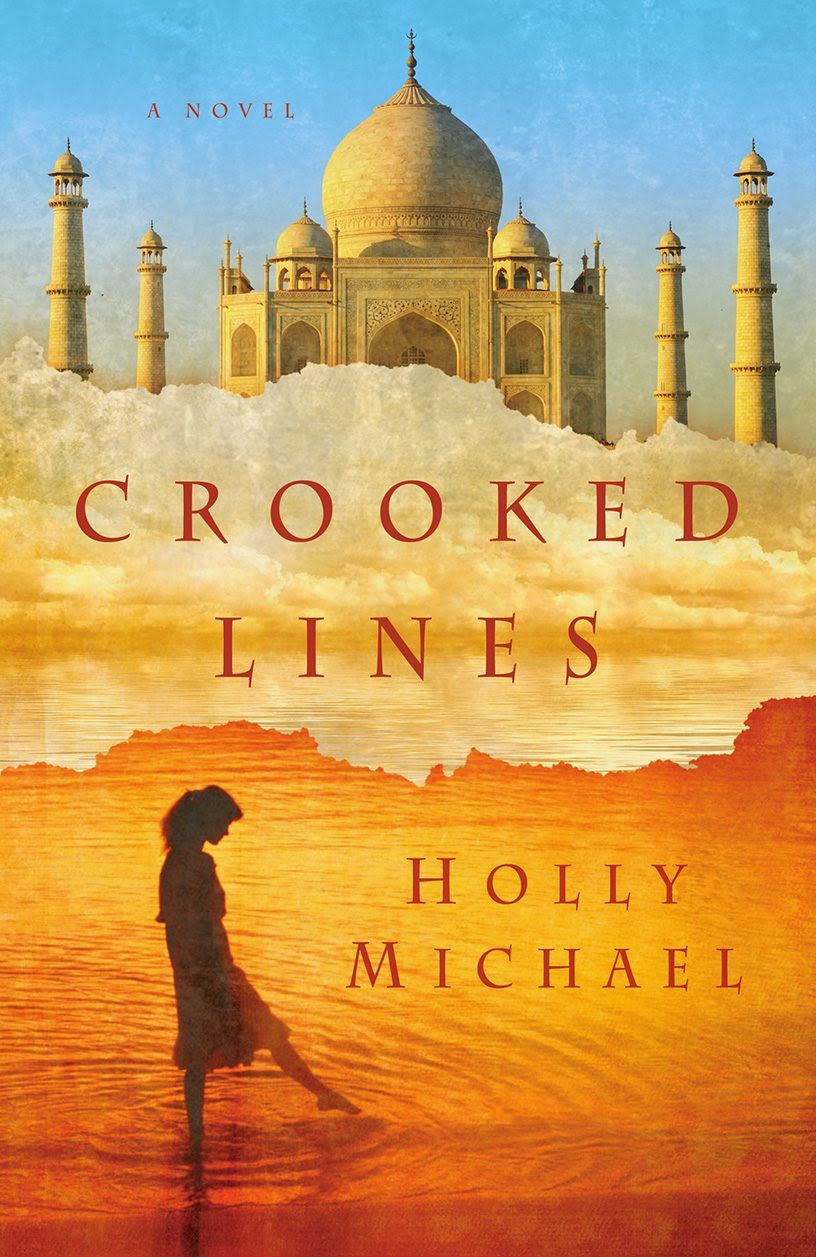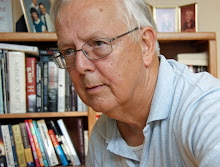Please meet funny lady and gifted writer Lynne Hinkey, whose second novel, Ye Gods!, has just been published by Casperian Books. She graciously responded to a few impertinent questions.
Given the maxim, "Write what you know," how has your life
prepared you to write Ye Gods! ?
I was living in the Virgin Islands when the
chupacabra first appeared in Puerto Rico in 1995, and while I've never met the
chupacabra in person (at least, not that I know of), I've been a fan from the
start. By the time I moved to PR in the late 90s, much of the hoopla
surrounding him had died down, but his presence could still be felt, lurking in
the background, waiting. I think now what he was waiting for was me to tell his
story.
Is there a dog?
Yes--so glad you asked. I love to talk about my dog!
I adopted him based solely on his picture (left below) and the name the shelter
staff gave him--Matt and I are huge Harry Potter geeks. He was scheduled to be
killed the next day, so I wasn't going to dicker about minutia like size, sex,
health, or training. When we got him, he'd been neutered and groomed and looked
like a different dog (middle picture.) He turned into this amazing agility dog
(left). Seeing him as three very different looking dogs gave me the idea for
the chupacabra-dog-god's transformations as he gets stronger.
Chupacabra vs. Lassie: Who wins, and why?
Tough one...All dogs have magic--they soothe us
when we're worried, make us smile when we're down, and on those days when we
might want to crawl under the covers and ignore the world, they magically make
us get out of bed to feed and walk them. Both Lassie and the chupacabra
understand language, take down the bad guys, and both would sacrifice
themselves for the people they love. But, the chupacabra's extra abilities
(you'll have to read the book to find out what they are) make him the winner.
Imagine a glam cover shot of the Chupacabra. Time Magazine or GQ? Why?
Oh dear...I can see this go either way. The
chupacabra is a pretty handsome guy with his flowing hair, waving tail, and
sexy come-hither look. So, he could totally be on the cover of GQ.
But, he's a humanitarian (animalitarian?
zooitarian?), too, showing mercy to those who are suffering. That could
certainly land him on the cover of Time, even man of the year.
Here's a sample of both. Let's let the readers
decide!
You're a marine biologist, for dog's sake. Why not write about a sea
monster?
Funny you should ask--a sea monster did help me to
write Ye Gods! I wasn't sure if I
could make a magical chupacabra god-dog believable, so I looked to other
magical realism stories to see how some of my favorite authors got the reader
to suspend disbelief. Christopher Moore is a master of that and I really studied
how brings magic alive in the modern world. The
Lust Lizard of Melancholy Cove is the funniest sea monster story
every--I highly recommend it when you need a good belly laugh. And who knows?
There could be a sea monster in one of the upcoming chupacabra books (The
Chupacabra Stories will be a trilogy).
As you know, the world is going to hell in a haversack--Putin, ISIS and
all that. How can you be so funny at a time like this?
If I didn't find a way to
laugh, I'd cry and give up all hope. What humans do to other humans is
mind-boggling, mostly because it's intentional. But what truly terrifies me and
keeps me awake at night is what we're doing to the planet and to the other
species--mostly without a clue what we're doing. Humor makes me look at the
picture from a different angle, a fun-house mirror-image that exaggerates and
distorts humanity's foibles, shows how ridiculous we look. By laughing at
ourselves, maybe, hopefully, we realize that something in that image needs to
change. That hope keeps me at least a little bit sane.
Ye Gods! and
Marina Melee are both available in
print and ebook format here, and in
print from the publisher, Casperian Books.



.jpg)
.jpg)















